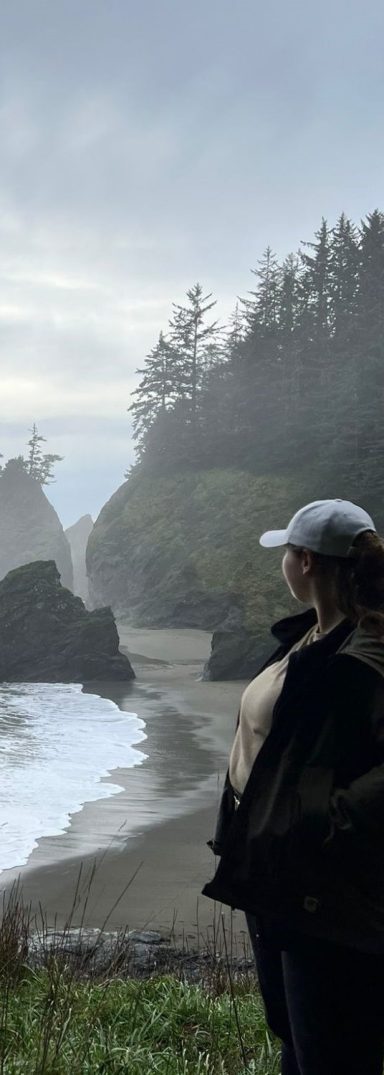
Methodology & Interests
Throughout various academic and non-formal experiences, I am able to adapt to a variety of research contexts and its appropriate methods.
Quantitatively, I have conducted large-scale surveys to support guides and training material in multiple countries. This can be analyzed through coding, statistical analysis and content-specific analysis. Additionally, I work with GIS to collect ecological survey data.
Qualitatively, I have conducted multiple studies including interviews (both structured and open formats), participant observation, and focus groups. This data can be analyzed thematically, in an open-ended format, and through coding.
Additionally, I have experience creating literature review as well as writing academic and non-formal papers and articles about conducted research.
My research interests are diverse. I have previously focused on nature and environment related fields such as nature conservation and restoration, including human perspectives such as cultural landscapes, heritage studies, and participation. Additionally, my research has focused on sustainable strategies, co-creation and community inclusion. I am mostly interested in combining people’s perspectives with strategic developments.
Including research methods in your project guarantees a solid foundation for your impact. It can also evaluate the success of your project and ensure you spend your ressources adequately.
I can develop research plans and coach your team on data collection and analysis. Writing research reports and visualising data is just as important as collecting it.
Previous Research Projects
Nature Restoration:
Landscapes and Biodiversity
Literature review conducted for the Restorations collaboratory at the University of Oslo as part of a seminar series on nature restoration.
Sports #WithoutWaste
Large-scale survey among multiple countries in Eastern Europe around sports events and waste management as part of an Erasmus+ Sports funded project.
Placemaking for Inclusion
Research on the social inclusion of youth in sustainable urban development and perspectives on placemaking in Oslo. Includes valuable findings for adapting to a more equitable inclusion of young people for a more diverse and sustainable urban environment.
Master Thesis
The European Green Belt is a strip of protected land spanning 12.500 kilometers through Europe, along the line of what used to be the Iron Curtain, which separated Western and Eastern European ideologies. This thesis provides a qualitative view of connections between the ecological, the historical and the international side of the European Green Belt in Germany. This multidimensional perspective brings together three dimensions: the historical, the natural, and the international dimension.
© Copyright. All rights reserved.
Wir benötigen Ihre Zustimmung zum Laden der Übersetzungen
Wir nutzen einen Drittanbieter-Service, um den Inhalt der Website zu übersetzen, der möglicherweise Daten über Ihre Aktivitäten sammelt. Bitte überprüfen Sie die Details in der Datenschutzerklärung und akzeptieren Sie den Dienst, um die Übersetzungen zu sehen.
